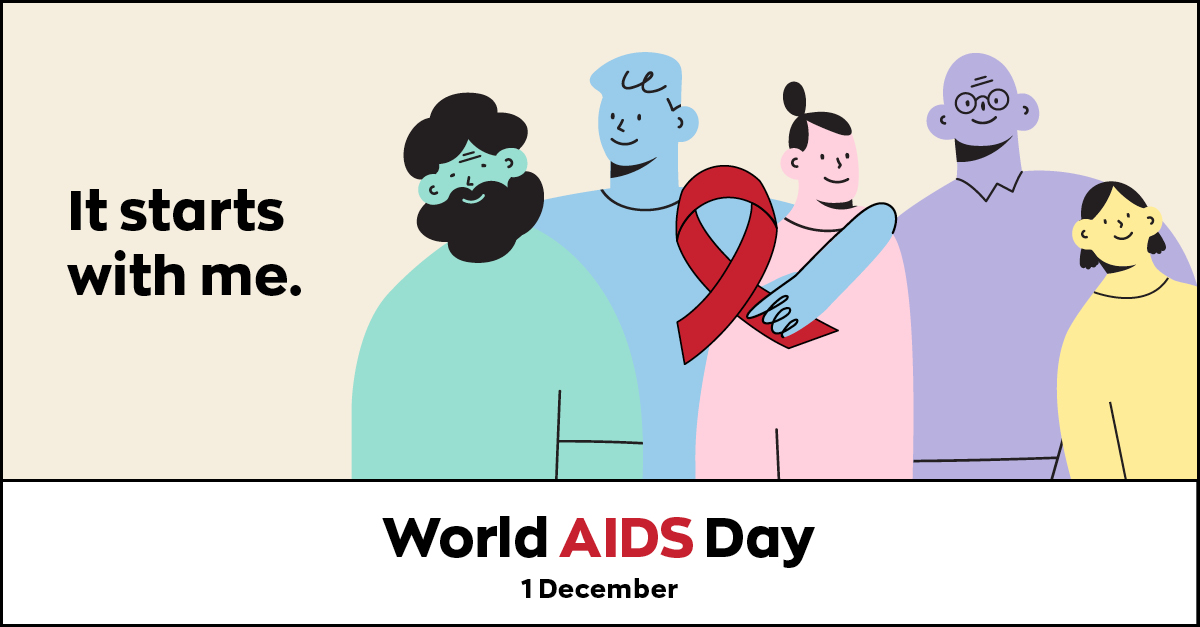
In Australia, treatment for HIV is one of the great success stories of medical science.
Well tolerated treatments mean that infection with the virus – once considered a death sentence – is now an easily manageable chronic condition.
In Australia, about 30,000 people live with HIV. For most of those, the ready availability of anti-retroviral treatments means the virus is well managed. The majority carry viral loads low enough to be undetectable using standard tests, which means there is no risk of passing it on.
However, some parts of the primary health sector remain unaware of these advances.
According to Professor Jenny Hoy, Director of HIV Medicine at The Alfred Hospital, people with HIV seeking care outside services with a high case load still sometimes encounter stigma and discrimination.
“Primary health care provider awareness of the improved outcomes for people with HIV is often dependent on where they practice, and if they have any people with HIV attending their practice,” she says.
“Stigma in the health care setting sadly persists. Practitioners could reflect on how they treat marginalised people.”
Professor Hoy is a governance group member of the Victorian HIV and Hepatitis Integrated Training and Learning (VHHITAL) project, which is based at North Western Melbourne Primary Health Network.
VHHITAL delivers comprehensive education and training for the primary health care workforce for the diagnosis, treatment and management of HIV, hepatitis B, hepatitis C and sexually transmitted infections.
It includes the provision of training and certification for practitioners who prescribe highly specialised drugs administered under Section 100 (S100) of the National Health Act 1953.
She said many GPs now fully understand the clinical and social implications of HIV. A few, however, remain unaware of the enormous advances that have taken place over the past decade.
“People with HIV don’t need to retell how they acquired it over and over again,” she said.
“It is no longer relevant. What is relevant to them is their current situation. The overwhelming majority of people diagnosed with HIV are on treatment with an undetectable viral load, which means they are unable to transmit HIV to others sexually, and are unlikely to transmit HIV in the health care setting.”
Many people around the world, however, remain at risk of contracting HIV, and for them education and awareness are vital – which is why Word AIDS Day remains an important touchstone for raising awareness.
Professor Hoy said some people think that because the virus is no longer newsworthy it must have gone away.
“As to risk factors for transmission of HIV, and available prevention strategies, I believe there is a mixed understanding for those at increased risk, and for health care providers who can prescribe biomedical prevention – known as pre-exposure prophylaxis or PrEP,” she said.
“Many of those at highest risk, who are connected to organisations such as Thorne Harbour Health in Victoria, are aware of the increased risk through their extensive social media presence and messaging.
“But there are many others at risk, such as international students, who are not hearing these messages and accessing antiviral medication.”
World AIDS Day also serves as a timely and important reminder that HIV is present in every country, and the outcomes from contracting it are heavily dependent on where a person happens to live.
“Globally, inequity of access plays out across the high, middle and low income countries, where the ability to provide care relates to the country’s ability to purchase generic anti-retroviral meds. Of the 40 million people with HIV, well over half live in low income, resource limited countries.” said Professor Hoy.
“In Australia, the only barrier to access for care and treatment is not being Medicare eligible,”
“The state health departments through the Commonwealth now provide antiretroviral treatment for people who don’t have a Medicare card, but the monitoring costs and costs of seeing their doctor are not covered, which leaves a large financial impost for some.
In Victoria, services such as Melbourne Sexual Health Centre help to fill this gap by offering fee free care to all patients, regardless of their Medicare status.
Are you prepared for World AIDS Day? Learn more about how you can support your patients by attending VHHITAL’s upcoming PrEP and HIV training on Thursday, 28 November. See here for details.
For further information on the treatment of HIV, please visit HealthPathways Melbourne.




